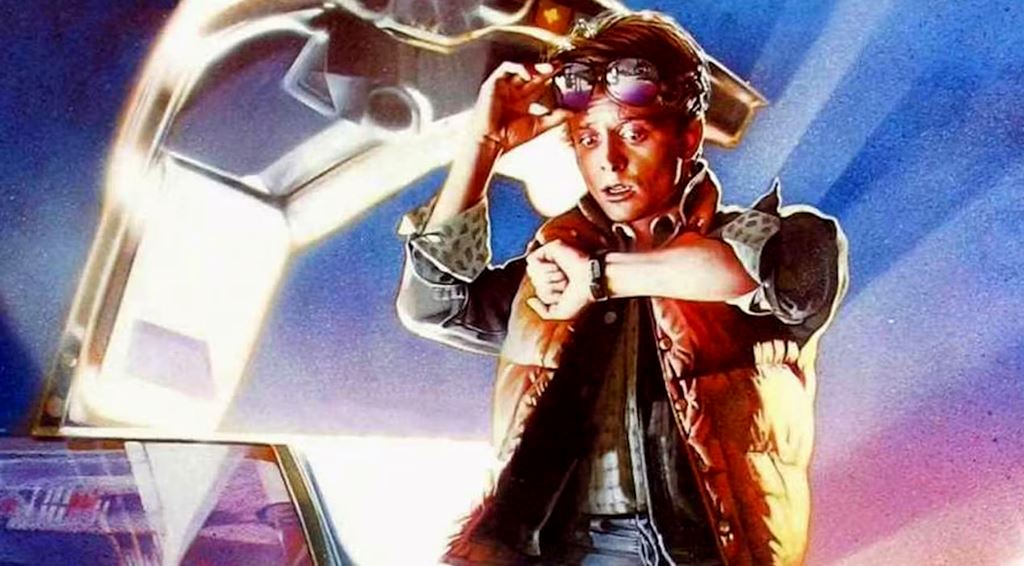Examples of this tinkering we can do to make change or fix things are all pervasive in our culture. Back to the Future is arguably one of the most popular movies of all time. This movie is based on the premise that life is a machine, and if you pull the right lever in the past, you can engineer the perfect future. The movie projects to its viewers that small tweaks can offer better outputs, thus giving the illusion of control wrapped up in science fiction.
The logic of the film is quite illogical. It assumes that life is symmetric, or that a change in one event will calibrate the future to match that change. If Marty can save his father from bullying, then his father will suddenly be confident and successful. If he can ensure that his parents fall in love, his existence is guaranteed. The series of films fails to take into account randomness as if every event can be traced to the right cause.
If we take this movie seriously, we are seduced into believing that we have perfect control over our lives. As long as we can find the right causes, we can essentially rewrite any aspect of our lives. Being alive ceases to become a mystery, but a blueprint that tells us if we did the right things in the past. We’ve minimized life and all its chaos to a choose-your-own-adventure. As long as we are in control of life, we are more comfortable with it because we don’t have to deal with the mess of reality.
Projecting Movies into Reality
It’s not hard to believe that the media secretly influences us, and Back to the Future is a part of this conditioning. The movie is not only entertaining, but it may actually be believable. We do think we can affect our future with what we do in the present. We believe that if we make “the right choices,” we will be rewarded in the future. To receive the promotion, we must work harder. So our children don’t end up being failures in life, we must parent differently. The myth of causality makes us believe that we are always in control of the outcome. If we missed the mark, it’s because we didn’t pull the right lever.
Life is not a movie, and we don’t work on scripts. Yet, everyone seems to be performing a role. There is no reality in which we can change the future based on our actions today. Causes don’t guarantee effects. People who do everything “right” will still fail. We have to realize that life is closer to chaos than it is to the blueprint we’ve made up for ourselves to follow. A person can go through the college system, receive a bachelor’s degree, and still not get the job he wanted. These prescribed steps are fallible. There have been plenty of times when I’ve said that I wish I could go back in time to change something. There are plenty of times when I’ve learned something I wish I had known back then. The desire to edit the past into a perfect future only highlights how little control we have.
Questions and Responses
Because it taps into our deep desire for control. The idea that small changes today can guarantee a better tomorrow makes life feel manageable, even though reality is far more unpredictable.
No. Life is not a neat equation where every cause has a guaranteed effect. Hard work doesn’t always lead to success, love doesn’t always guarantee happiness, and the future isn’t programmable.
We often wish we could change past mistakes because we think it would create a better present. But this longing usually reveals our discomfort with uncertainty and the unpredictability of life.
It creates unrealistic expectations. If life doesn’t unfold the way we want, we blame ourselves instead of accepting the chaos and randomness that naturally shape human existence.
By embracing uncertainty. Instead of seeing life as a blueprint, we can approach it as an unfolding story where surprises, failures, and randomness are just as valuable as achievements.
Not that we can engineer perfection, but that the desire to control is deeply human. The real power comes not from rewriting the past, but from living fully in the present.

